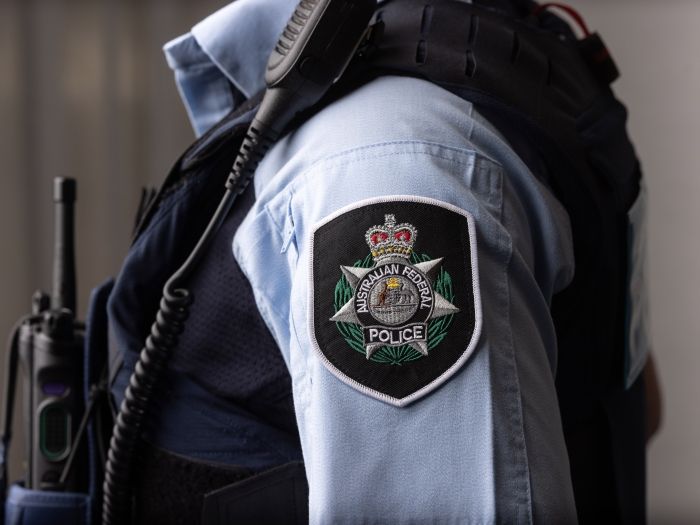Man jailed in Victoria’s first exit trafficking conviction
A Victorian man who deceived a woman into leaving Australia and took steps to prevent her return has been sentenced to four years and six months’ imprisonment, with a non-parole period of three years and three months.
The Meadow Heights man, now aged 52, is the first Victorian to be convicted for an exit trafficking offence, after he deceived his then-wife, a foreign national, to travel to Sudan in 2014 before leaving her stranded there and trying to cancel her Australian visa.
He was sentenced today (12 November, 2024) at Melbourne County Court, marking the fourth conviction in Australia for exit trafficking.
The AFP human trafficking investigation began in 2016 following a report from a Sudanese woman, who claimed her then-husband, an Australian citizen, arranged for them and their two children to travel overseas for a holiday in September, 2014. At the time the woman was living in Australia on a partner visa.
While overseas, the man took possession of the woman’s passport and personal identification documents for alleged safe-keeping.
Later that month, the man returned to Australia with the children and left the woman stranded in Sudan without documentation and with no means to return.
Before leaving Australia, the man – without the victim’s knowledge - had contacted authorities to revoke his sponsorship for a partner visa and applied for financial assistance available to single caregivers.
The woman was eventually able to return to Australia in early 2016 with the assistance of Victoria Legal Aid (VLA), and lodged a human trafficking complaint with the AFP.
AFP officers executed a search warrant at the man’s Meadow Heights home and place of employment on 13 October, 2016.
The man was later charged in March, 2021, with one count of facilitating the exit of a person from Australia by using deception, contrary to section 271.2(1A) of the Criminal Code Act 1995 (Cth).
On 29 April, 2024, he was found guilty in a jury trial before the Melbourne County Court.
During the man’s sentencing, the Judge highlighted the planning enacted over a significant period of time and spoke to the abuse of power shown over a vulnerable person.
AFP Detective Superintendent Bernard Geason said the AFP commended the bravery of the victim for coming forward and trusting officers with the investigation.
“Exit trafficking is an insidious offence which is weaponised against vulnerable people, placing them in danger, far from support networks,” Detective Superintendent Geason said.
“AFP investigators in our human trafficking teams work tirelessly to ensure the well-being of all victims who come forward and seek help. Each case is handled with compassion and great care, and the victim’s needs are always paramount.
“Our partnerships across the sector, including with NGOs, are crucial in ensuring we can shine a light on this often-hidden crime type and let people know help is available. It is vital we talk about the consequences as a deterrent but also, as a community, learn the signs to look out for.
“We ask the public to familiarise themselves with the potential indicators for human trafficking on the AFP website and to make a report if they suspect a vulnerable person may be at risk. You could save a life.”
The AFP is the lead Australian investigative agency for all forms of human trafficking and modern slavery.
If you or someone you know is a victim of human trafficking, contact the AFP on 131 237.
Information and confidential advice are also available from the Australian Red Cross, by calling (03) 9345 1800 or visiting the Red Cross website. Further information can also be found at Mybluesky.com.au – Anti-Slavery Australia website.
For more information on human trafficking, including the signs a person may be at risk of being trafficked, visit Human trafficking | Australian Federal Police (afp.gov.au).




